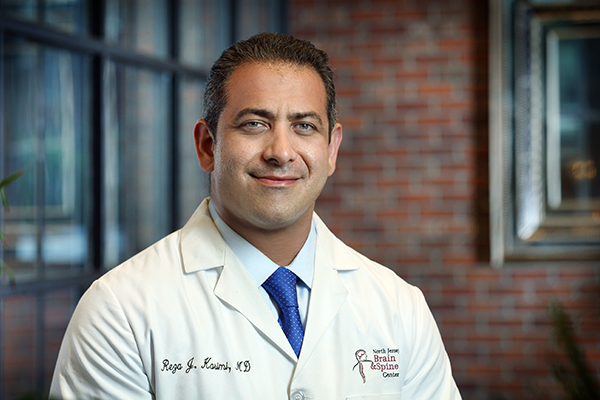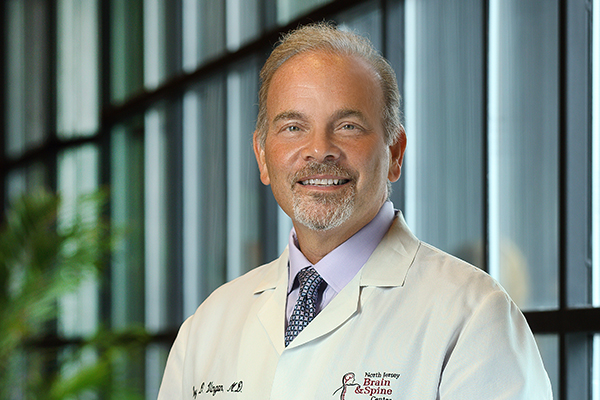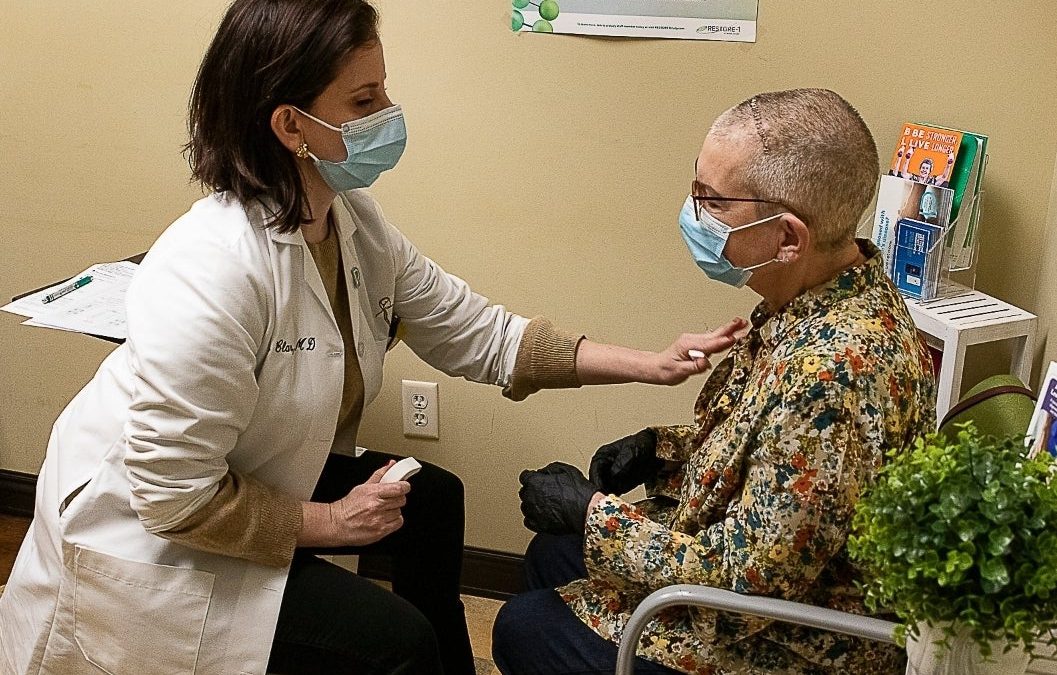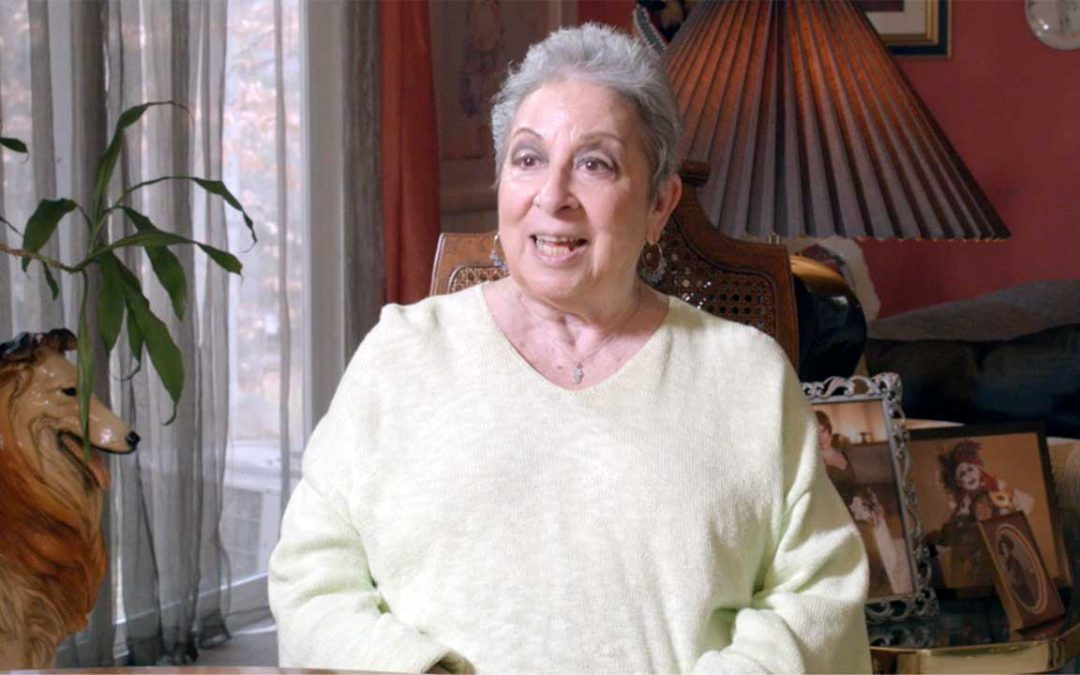Commonly asked questions:
What is a brain tumor?
Brain, or cerebral, tumors are abnormal growths of cells in the brain that can either be benign or malignant. They can form in different parts of the brain and have varying effects on brain function and overall health. There are two main types of cerebral tumors: primary tumors and secondary tumors.
Primary tumors originate in the brain and are classified based on the type of cells that form the tumor. These include gliomas, meningiomas, acoustic neuromas, pituitary tumors, and other types.
Secondary tumors, also known as metastatic tumors, occur when cancer cells spread to the brain from other parts of the body, such as the lung, breast, or skin.
What are the causes?
These tumors occur when cells either near or in the brain change their DNA. This change in DNA causes the cells to form a growth, called a tumor. It’s still not clear what causes these DNA changes that later lead to tumors. For a majority of people with tumors, the cause is never known.
Hereditary tumors, in which parents pass DNA changes to their children, are very rare. If you have a family history of cerebral tumors, it is important to discuss this with your healthcare provider.
What are the symptoms?
The symptoms depend on the size, location, and type of the tumor. Some common symptoms include headaches, seizures, changes in vision, speech difficulties, balance and coordination issues, cognitive problems, and personality or behavioral changes. In some cases, nausea, vomiting, and other symptoms may also occur.
How are they diagnosed?
The diagnosis process usually involves a combination of medical tests, including a neurological exam, MRI, CT scan, and biopsy. Treatment options depend on various factors, including the type, size, and location of the tumor, as well as the patient’s overall health.
What are the treatment options for brain tumors?
Surgery is often the first line of treatment and in some cases, it may be the only treatment needed. Other treatments include radiation therapy, chemotherapy, and targeted therapy. In some cases, a combination of these treatments may be recommended.
In conclusion, brain tumors are abnormal growths of cells in the brain that can affect brain function and overall health. Early diagnosis and treatment can improve the chances of a successful outcome, so it is important to be aware of the symptoms and seek medical attention if necessary.








